The Ministry of Education and Training was assigned by the Government to preside over the drafting of a Decree regulating scholarship policies and living expenses for students studying basic sciences , key engineering and strategic technologies to attract and support capable students to study key fields, contributing to promoting innovation, improving the quality of human resources, and increasing national competitiveness. The draft decree is currently being solicited for comments.
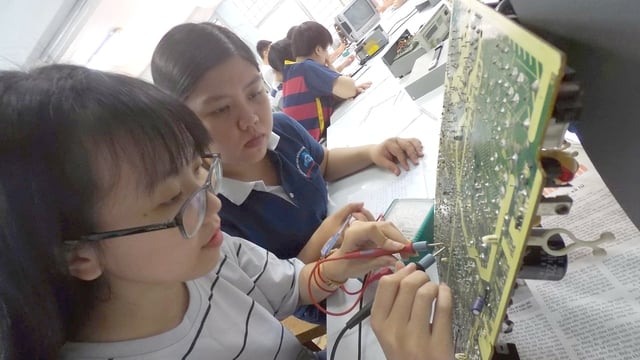
There should be more preferential policies for female students, students from remote areas, ethnic minorities and students with difficult circumstances to study basic sciences to ensure fairness and support for the right subjects.
PHOTO: DAO NGOC THACH
Accordingly, the subjects of application of the decree include students, graduate students, and researchers studying basic sciences such as mathematics, physics, chemistry, biology, computer science, key engineering fields such as information technology, electricity - electronics, mechanics, new materials, etc., and strategic technologies such as biotechnology, nanotechnology, renewable energy, etc.
According to the draft, the proposed scholarship level is based on academic performance, specifically: 100% of tuition fees for excellent students, 70% for good students and 50% for fair students. In addition, students will receive a living allowance of 3.63 million VND/month, for a maximum of 10 months/school year. This living allowance is equal to the living allowance of students majoring in pedagogy.
STUDENT ENROLLMENT IS STILL LOW, ENTRANCE SCORE IS NOT HIGH
According to Dr. Tran Thanh Thuong, Head of Admissions and Student Affairs Department of Ho Chi Minh City University of Technical Education, the current number of students studying STEM (science, technology, engineering, mathematics), including basic sciences, is still low compared to developed countries. "Although the number of STEM students has increased by more than 10% each year recently, this group only accounts for about 27-29% of total university students. This shows that there needs to be a stronger attraction policy to encourage students to choose STEM majors, especially in the context of the 4.0 industrial revolution and digital transformation," Dr. Thuong commented.
At Ho Chi Minh City University of Industry and Trade, majors such as biotechnology, mechanics, electronics... belong to the group of key strategic and technical majors, the number of students recruited annually is about more than 700 people and currently only accounts for about 10% of the total number of students of the school.
Dalat University's quota for each major in mathematics, physics, chemistry, and biology is 30 each year, but every year it only recruits about 10 students per major, and some years only a few students per major. A few years ago, the school supported a 10% tuition reduction to attract students to these majors, but it was not effective. Majors in data science, nuclear engineering, control engineering and automation... can be counted on the fingers or sometimes have more than ten students.
Due to the small number of applicants, the benchmark scores for many basic science, engineering and technology majors at some schools are only 17-19 points. With this admission score, the quality of training is certainly affected to some extent.
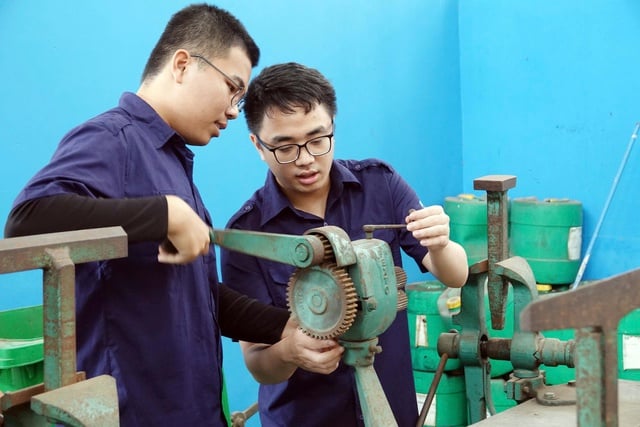
Students in basic sciences, key engineering and strategic technology will receive scholarships and living expenses.
Photo: Dao Ngoc Thach
NEED TO DETERMINE THRESHOLDS TO ENSURE INPUT QUALITY
Dr. Tran Huu Duy, Head of Training Department of Dalat University, commented that when this scholarship policy is issued, it will certainly have a positive impact on attracting students to study basic sciences, key engineering and strategic technology.
"Although similar to the policy for pedagogical students, for the pedagogical sector, the Ministry of Education and Training assigns quotas to schools according to training needs, so the quality of input enrollment is very high. Meanwhile, for basic science, engineering, and technology, schools determine their own quotas based on capacity, so if schools do not focus on improving quality and enroll students indiscriminately, they will not achieve the goal of training talents in this field. Therefore, in addition to academic constraints, there should be binding conditions in enrollment and training activities to produce excellent scientists and engineers to serve the goals set by the decree," Dr. Duy shared.
According to Dr. Duy, the quality of input admission is a very important factor that determines the learning ability of students, so to enjoy the policy, students in these majors also need to meet the input quality assurance threshold of the Ministry of Education and Training, similar to the medical and pedagogical majors.
Master Pham Thai Son, Director of the Admissions and Communications Center of Ho Chi Minh City University of Industry and Trade, also said that in order to attract good students, it is necessary to regulate the input quality, avoiding the situation where the admission scores for some necessary majors such as biotechnology, electronics, mechanics... are much lower than those for economics , law...
Sharing the same view, Dr. Tran Thanh Thuong acknowledged that when the Government has such a policy, it will have a great impact on enrollment and attract more and more talented students, creating motivation for innovation and sustainable socio-economic development in the future. "However, there also needs to be a threshold to ensure input quality for these fields, like medicine and pedagogy, to recruit good students," Mr. Thuong commented.
HAVE CLEAR EMPLOYMENT POLICY
In addition, to improve the long-term effectiveness of scholarship policies and living expenses for students studying basic sciences, Dr. Tran Thanh Thuong believes that scholarships should be integrated with academic and career counseling programs. Accordingly, each scholarship recipient (especially female students or students from disadvantaged areas) can be connected with a mentor who is a lecturer or senior in the industry to support both professional and soft skills.
"Being advised will help students become more confident and reduce the rate of dropping out of their majors midway. At the same time, we need to build a commitment mechanism that requires students receiving scholarships to sign an agreement to work or contribute to the field/industry or sponsoring unit after graduation for a certain period of time. Commitment to work will help ensure human resources to serve society and increase students' responsibility for the scholarship they are awarded," Dr. Thuong said.
Master Pham Thai Son further suggested: "There needs to be a clear policy on employment for graduates. Specifically, these fields need to provide many job opportunities with attractive salaries and promotion prospects, from which students will be more motivated to study and develop."
Need more preferential policies for female students
In addition to providing scholarships and living expenses for students in these fields in general, Dr. Tran Thanh Thuong, Head of Admissions and Student Affairs Department of Ho Chi Minh City University of Technical Education, proposed that there should be additional preferential policies for female students, students from remote areas, ethnic minorities and students in difficult circumstances to ensure fairness and support for the right subjects.
"This priority not only helps increase the number of learners but also diversifies human resources, adding different perspectives and skills to the field that requires creativity. In addition, it is necessary to design full scholarship packages including living expenses for especially excellent or difficult cases, to create conditions for them to wholeheartedly pursue their studies," said Dr. Thuong.
Source: https://thanhnien.vn/sinh-vien-nganh-khoa-hoc-co-ban-se-duoc-nhan-hoc-bong-va-sinh-hoat-phi-185250713180429842.htm


![[Photo] Cat Ba - Green island paradise](/_next/image?url=https%3A%2F%2Fvphoto.vietnam.vn%2Fthumb%2F1200x675%2Fvietnam%2Fresource%2FIMAGE%2F2025%2F12%2F04%2F1764821844074_ndo_br_1-dcbthienduongxanh638-jpg.webp&w=3840&q=75)





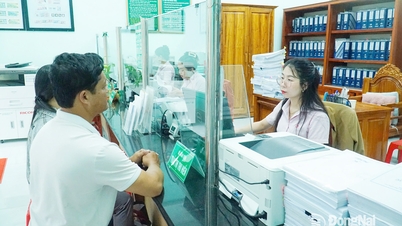

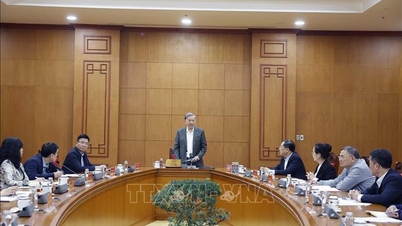

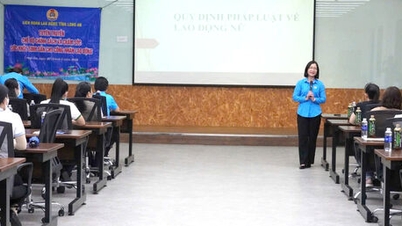



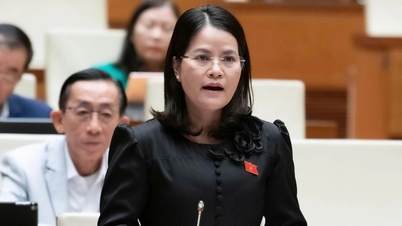


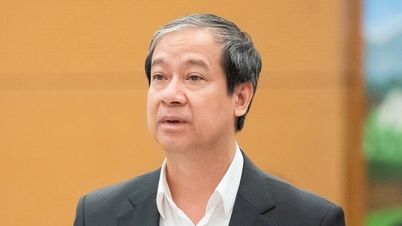

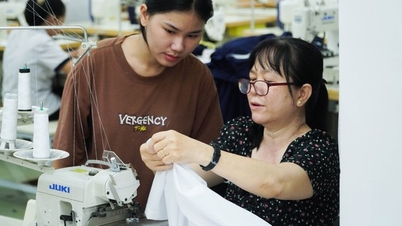


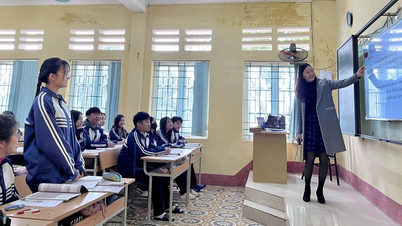

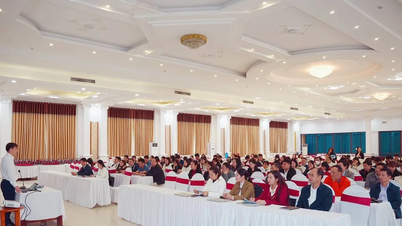
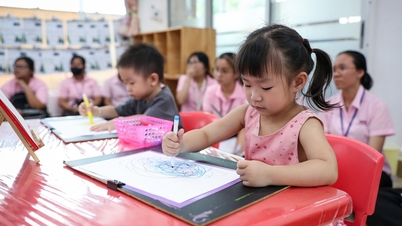




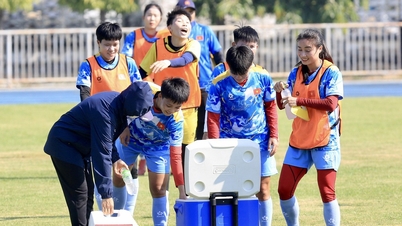
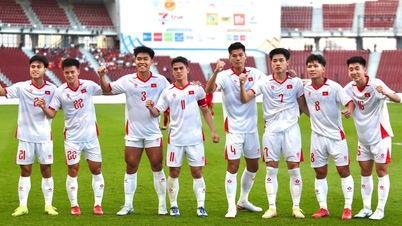
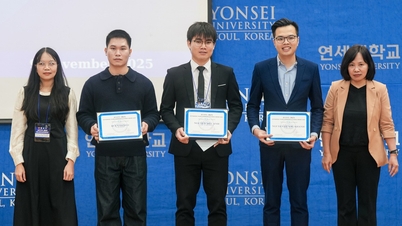
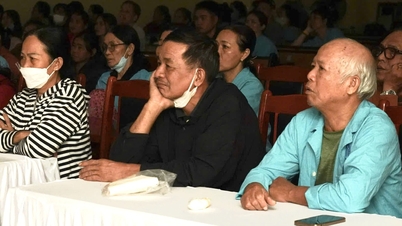





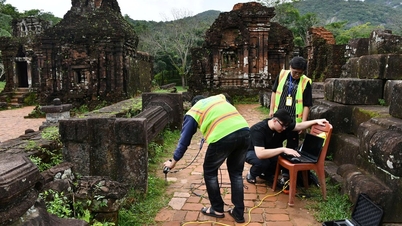

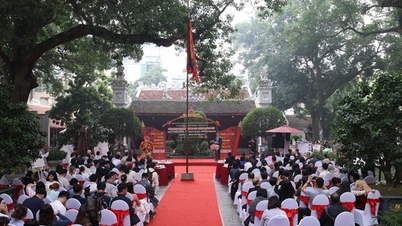






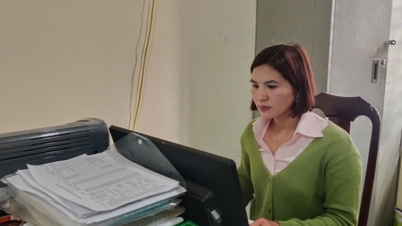

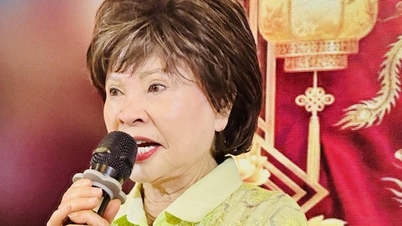


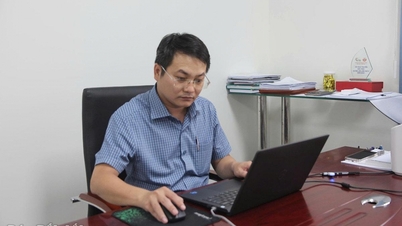
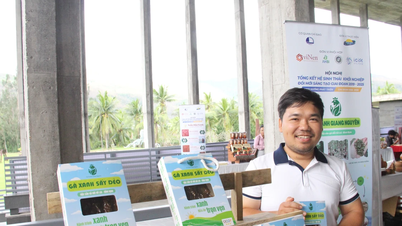

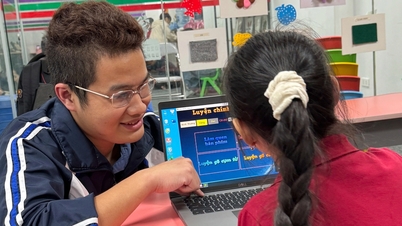


![[VIMC 40 days of lightning speed] Hai Phong Port determined to break through, reaching the target of 2 million TEUs by 2025](https://vphoto.vietnam.vn/thumb/402x226/vietnam/resource/IMAGE/2025/12/04/1764816441820_chp_4-12-25.jpeg)













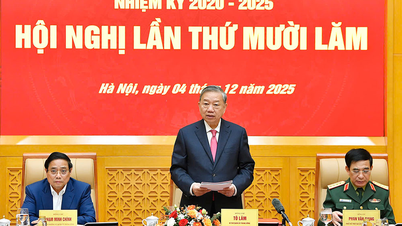



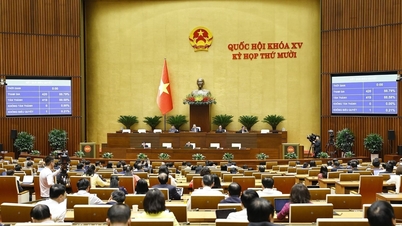
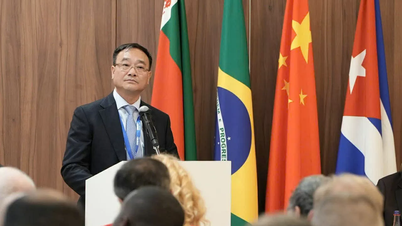

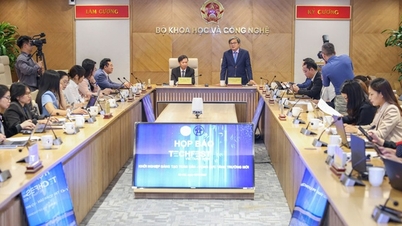



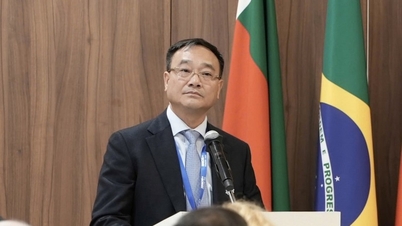

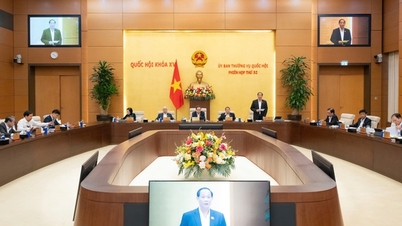

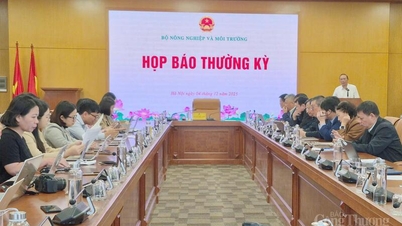
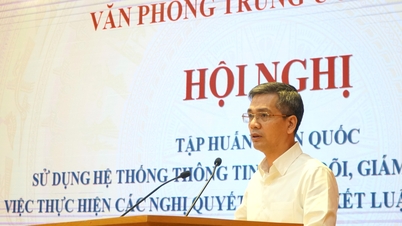





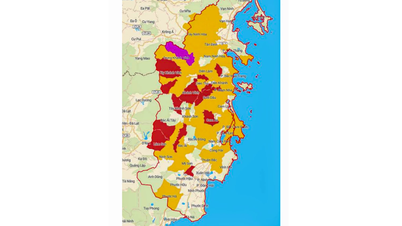

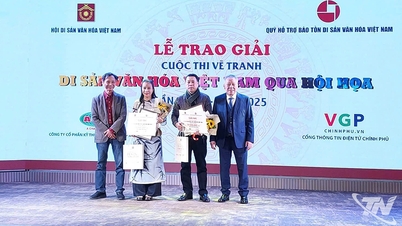


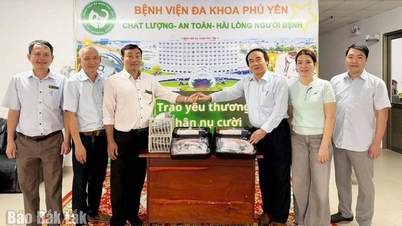










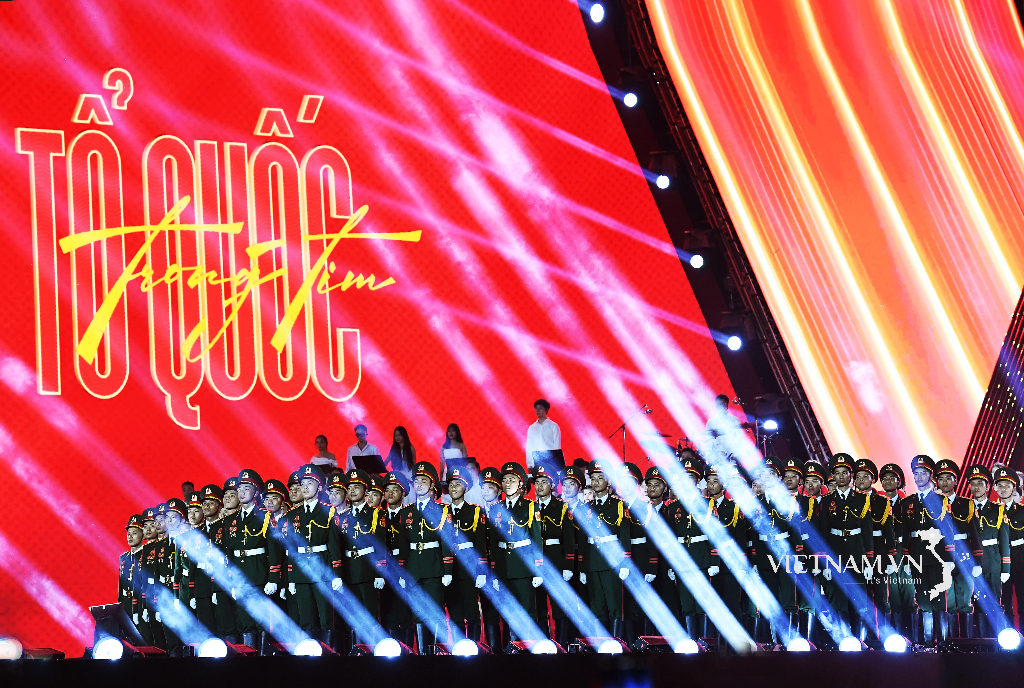


Comment (0)